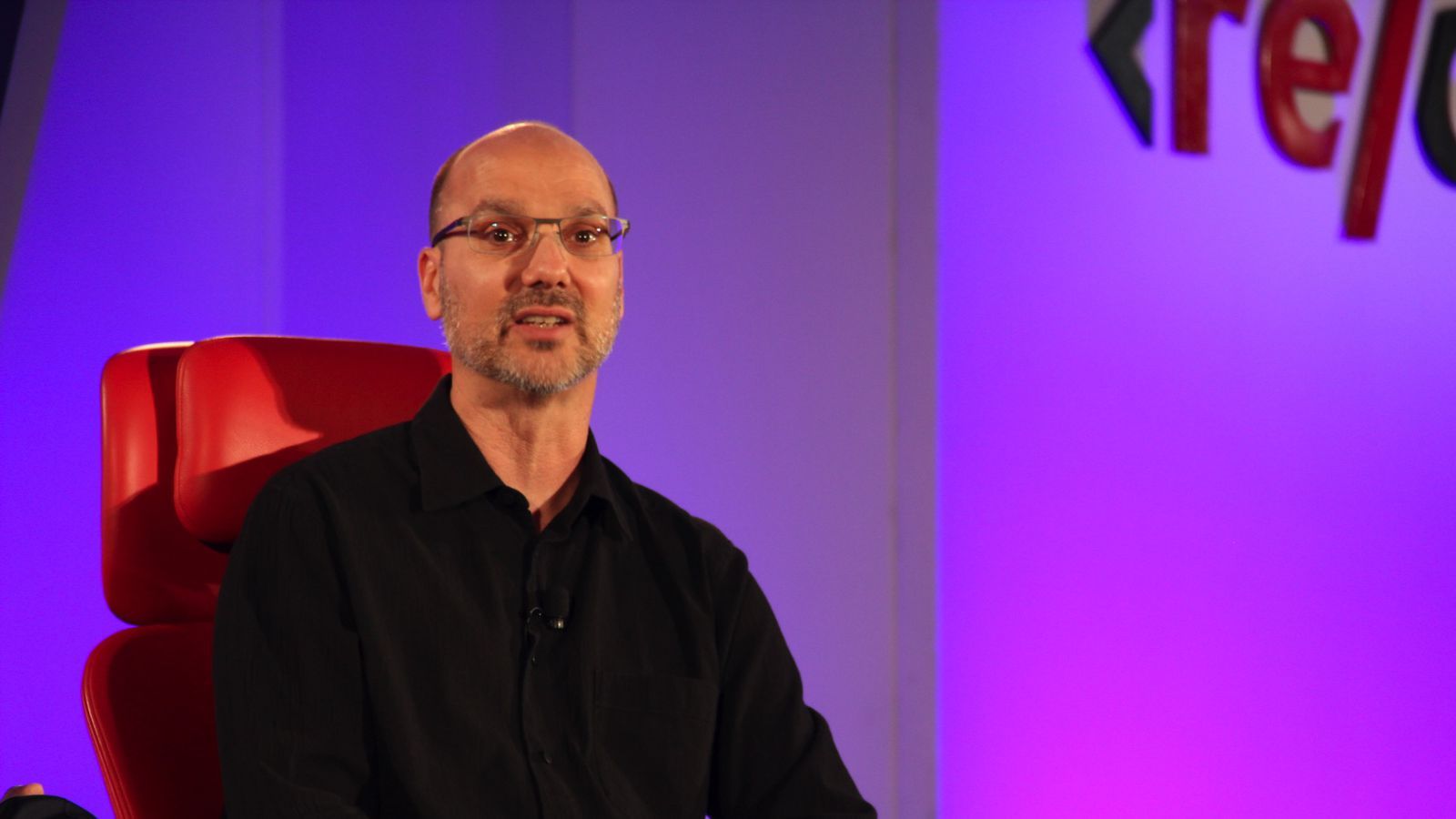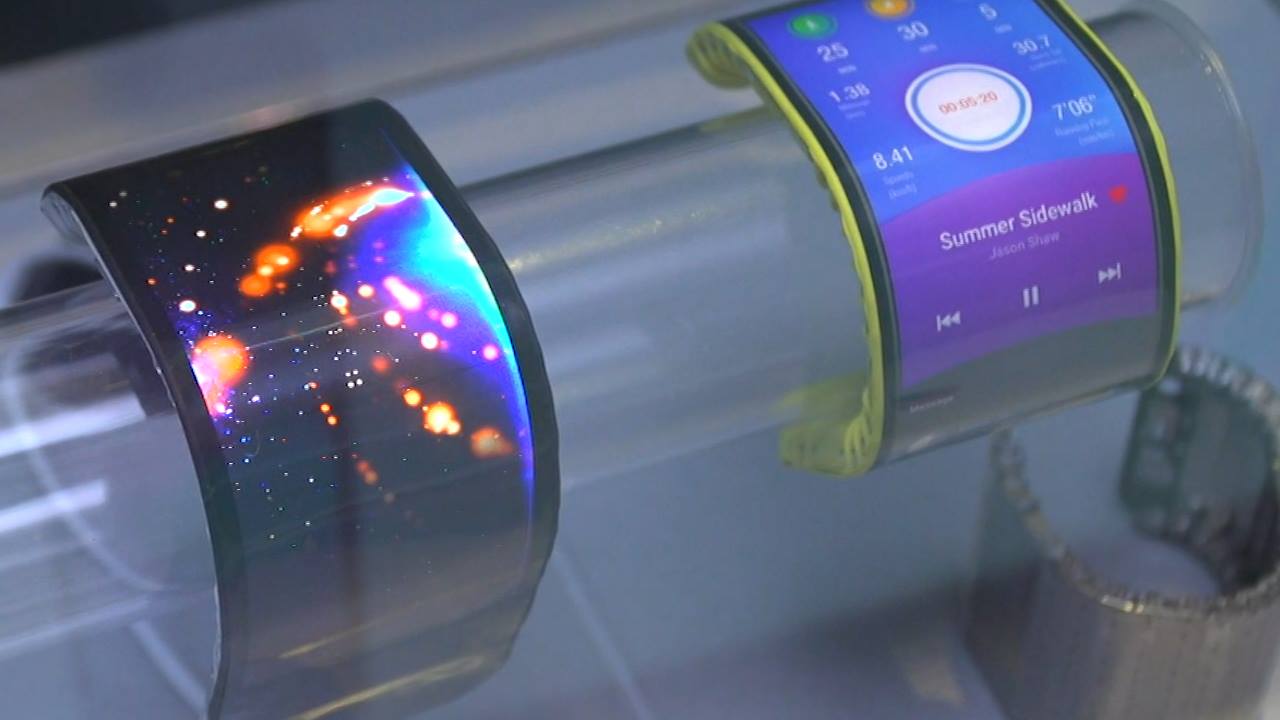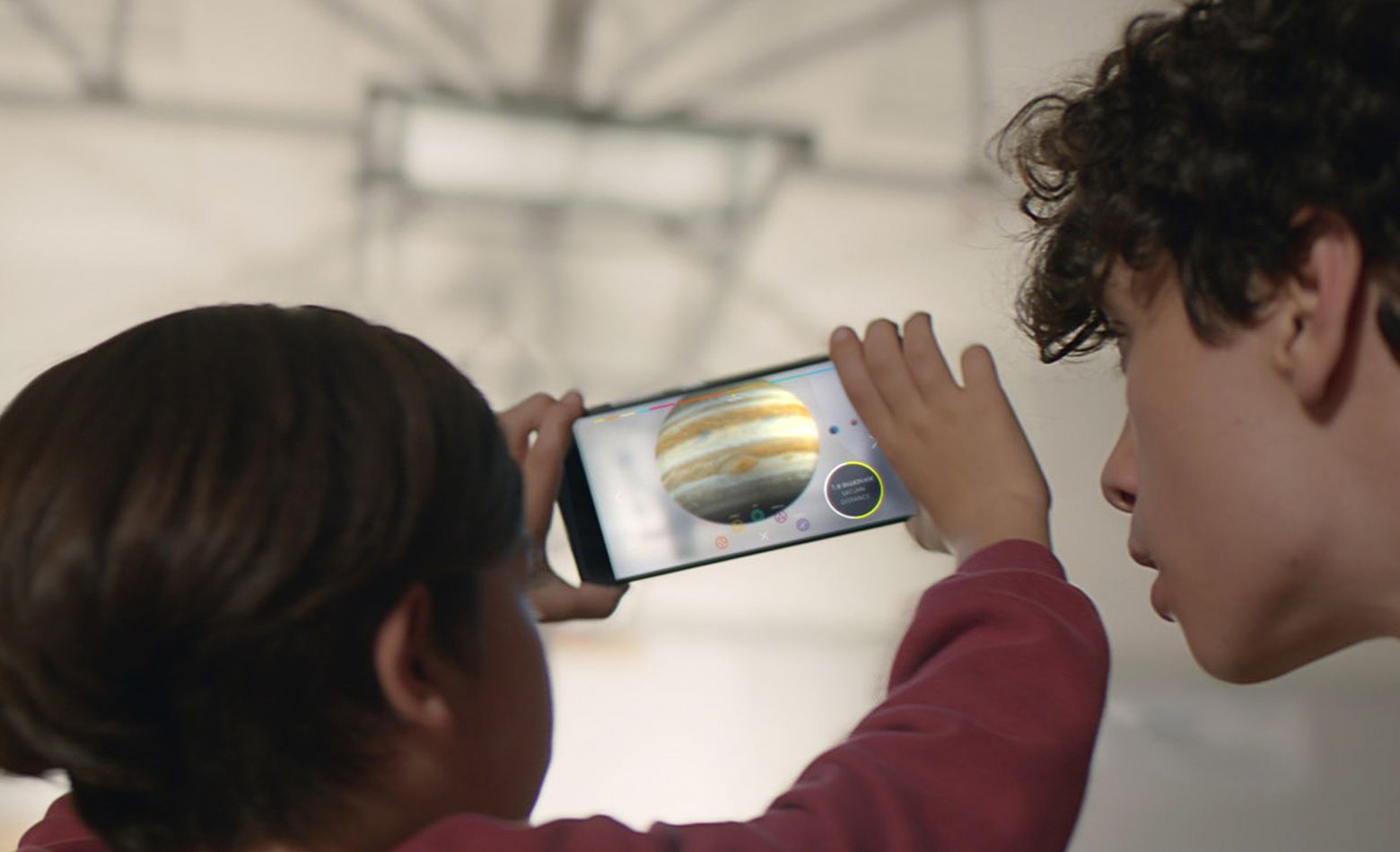Smart man.
Android creator Andy Rubin has several tricks up his sleeve. Rubin’s company Playground is currently tinkering with quantum computing and smartphone AI, and he believes that this combination could create a conscious intelligence that would underpin all of technology.
Rubin and his team of roughly fifteen engineers, who hold experience in everything from computer science to mechanical engineering, are currently working with about fifteen other companies to release new and innovative products. Playground enjoys “hatching” new companies within the company and using its vast resources. One such hatchling is a quantum computing firm that Rubin refuses to name. He thinks the company could one day commercialize quantum devices using standard manufacturing processes. Quantum computing has the potential to boost processing power.








